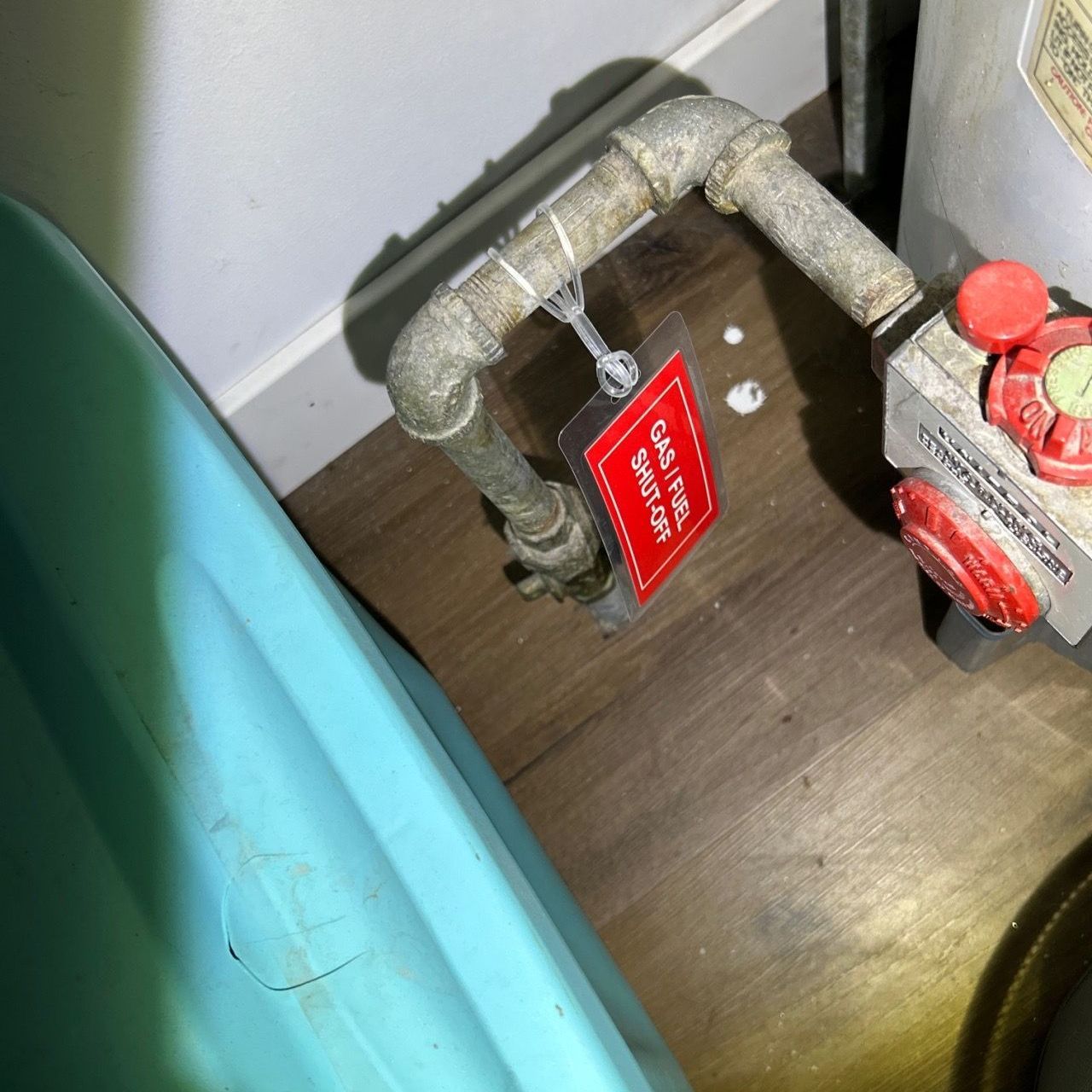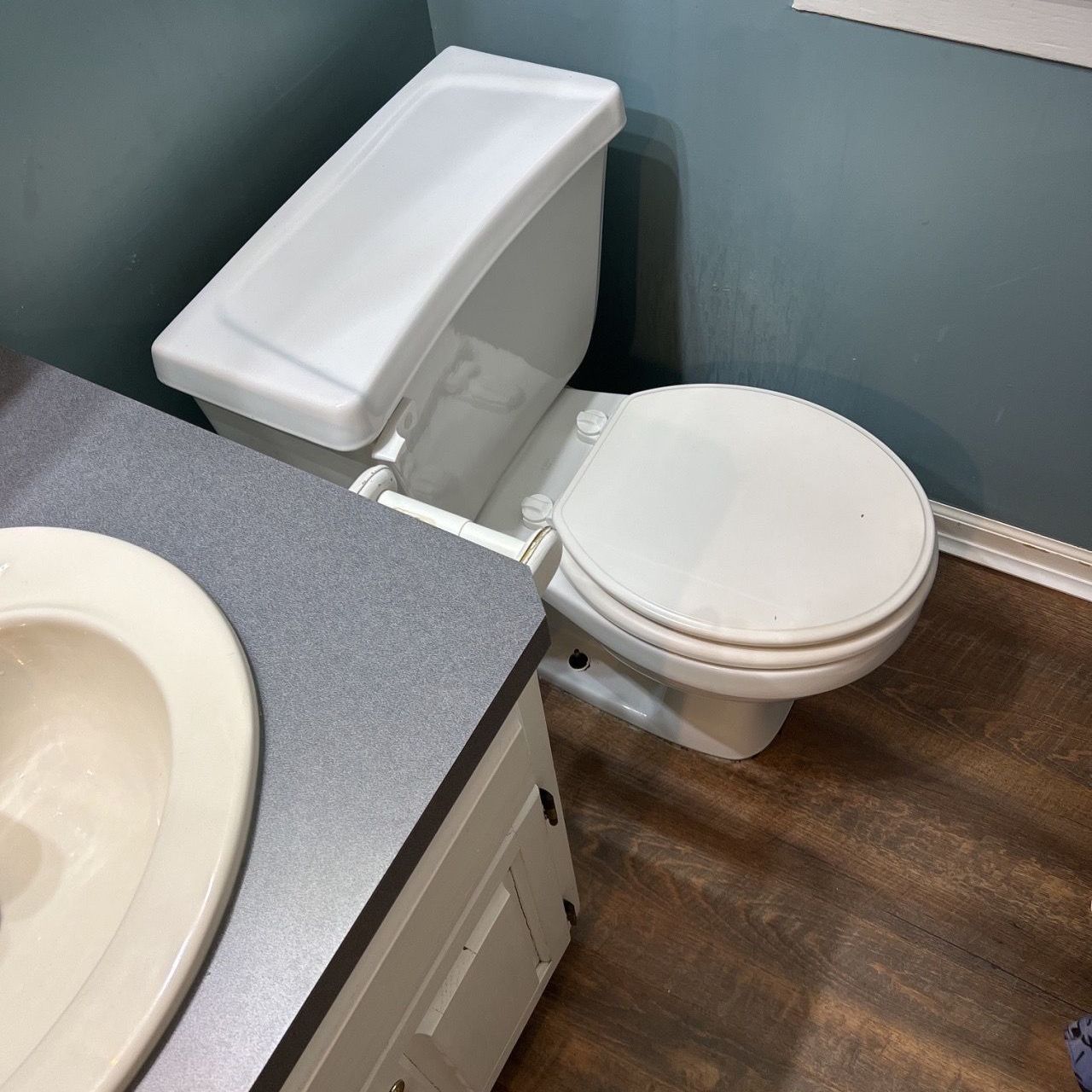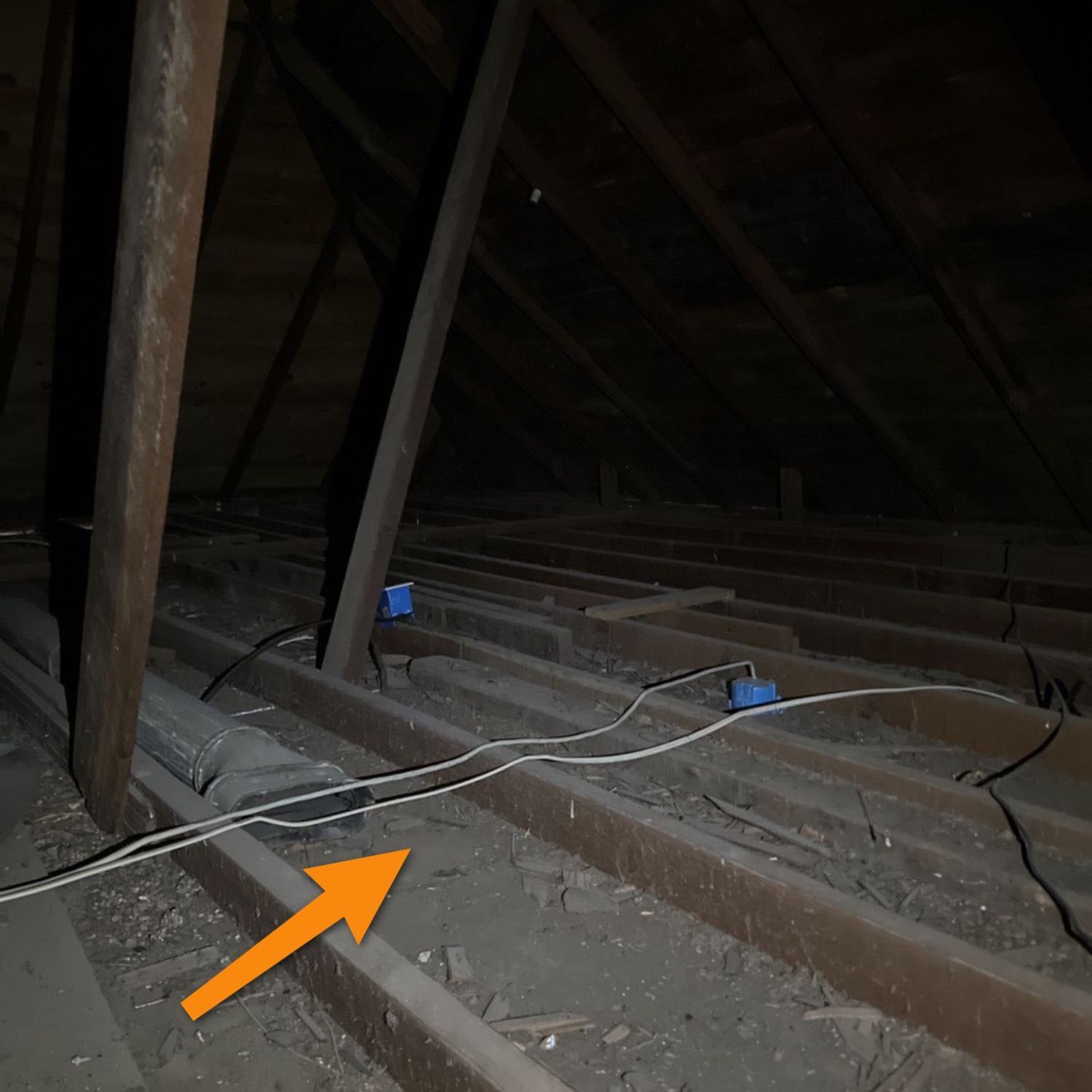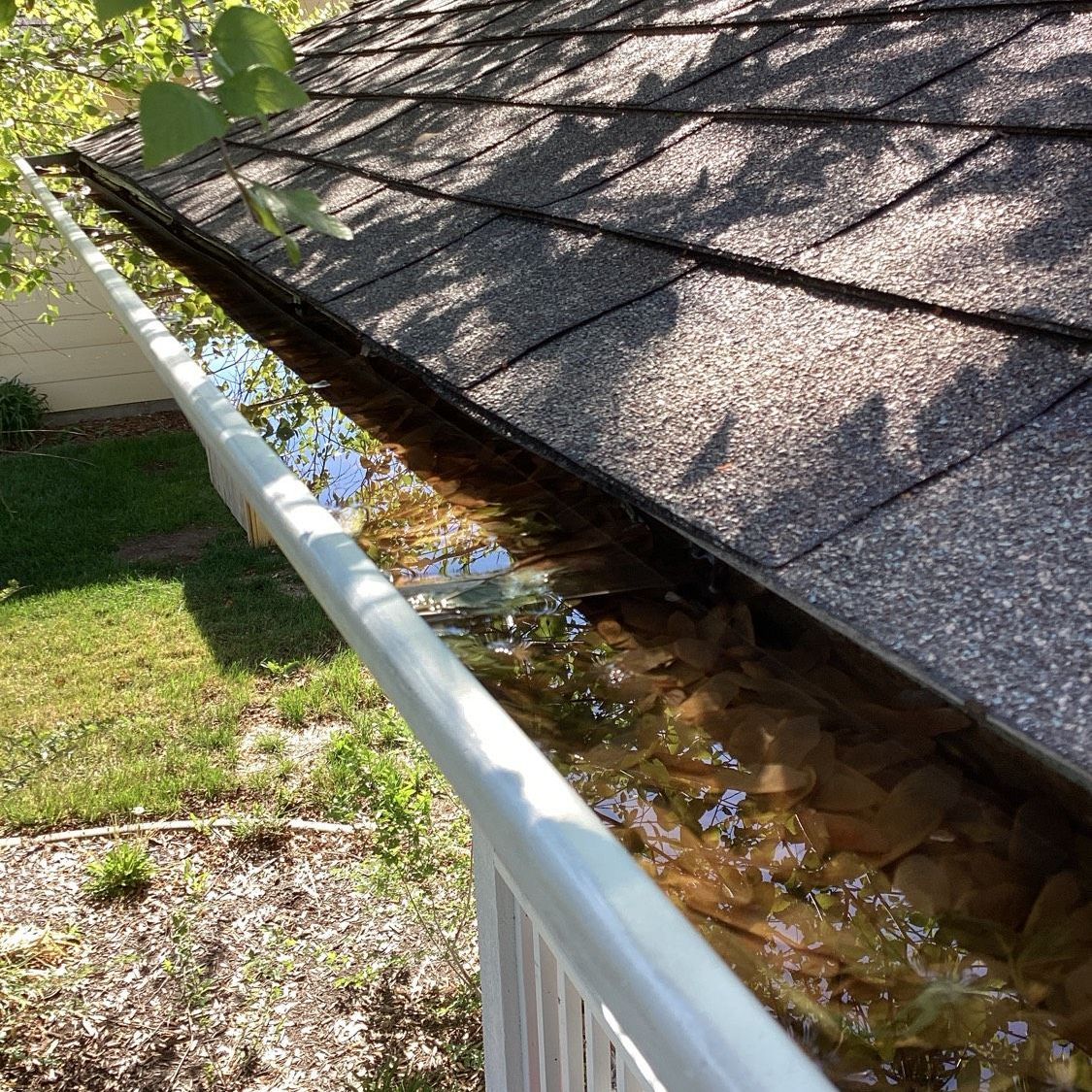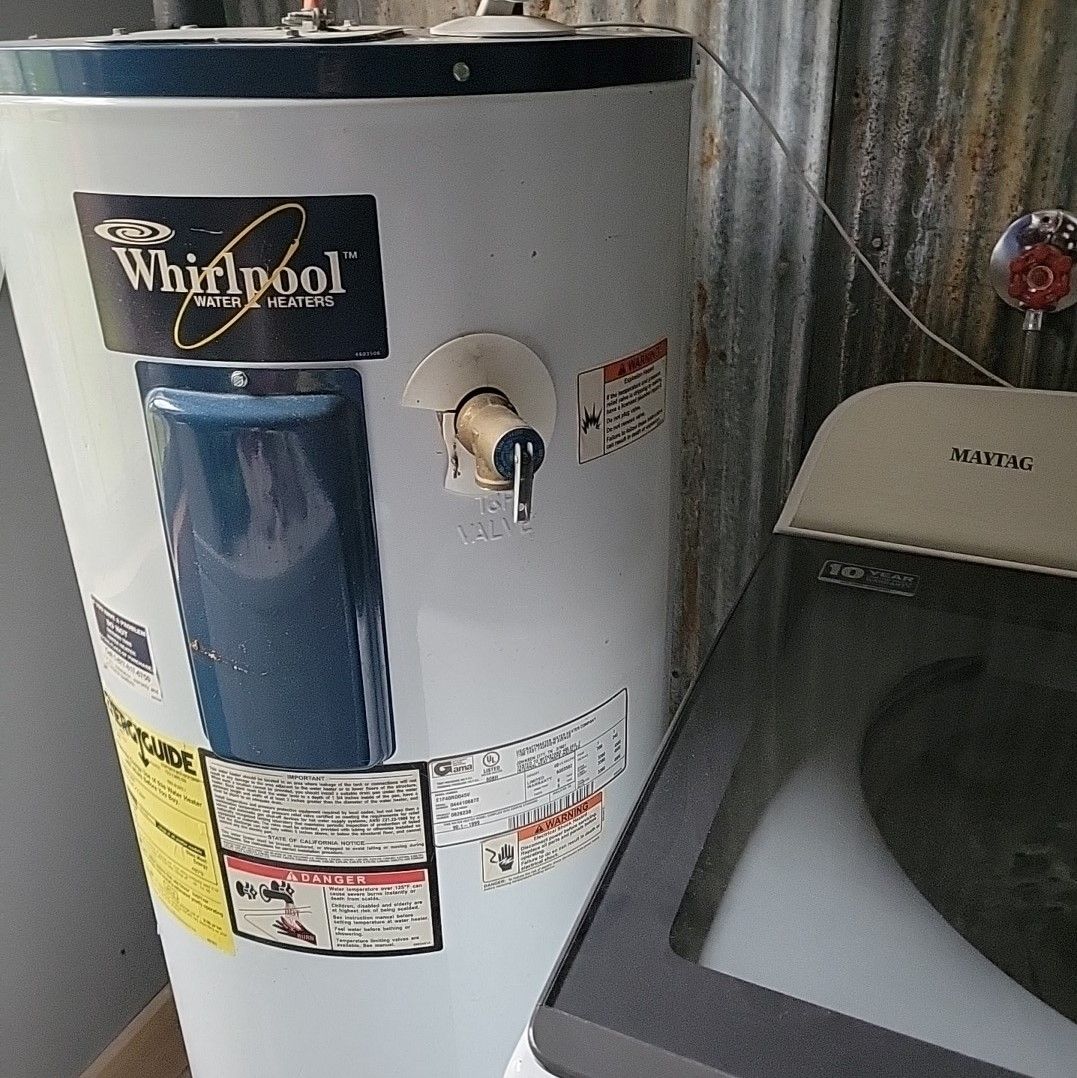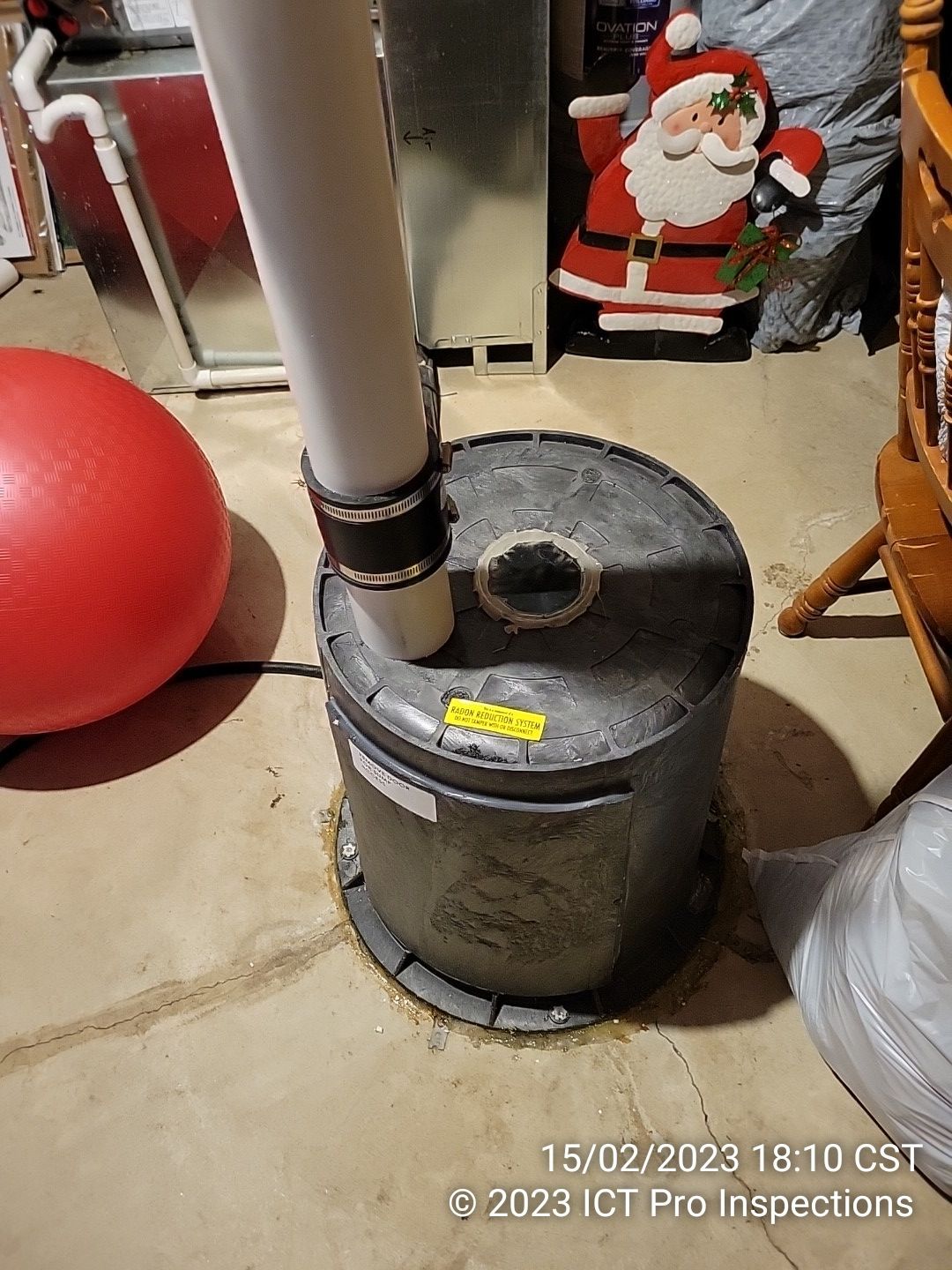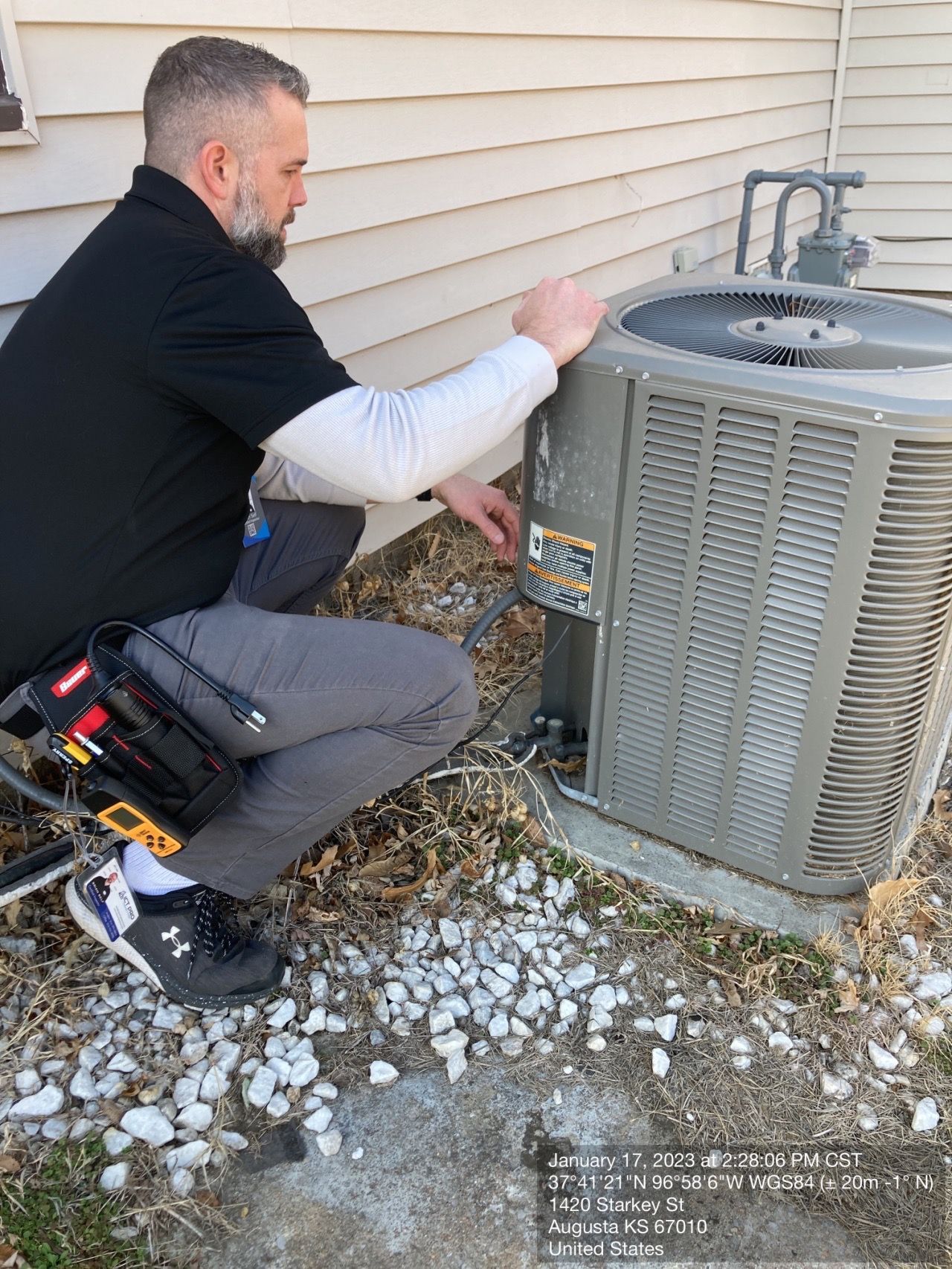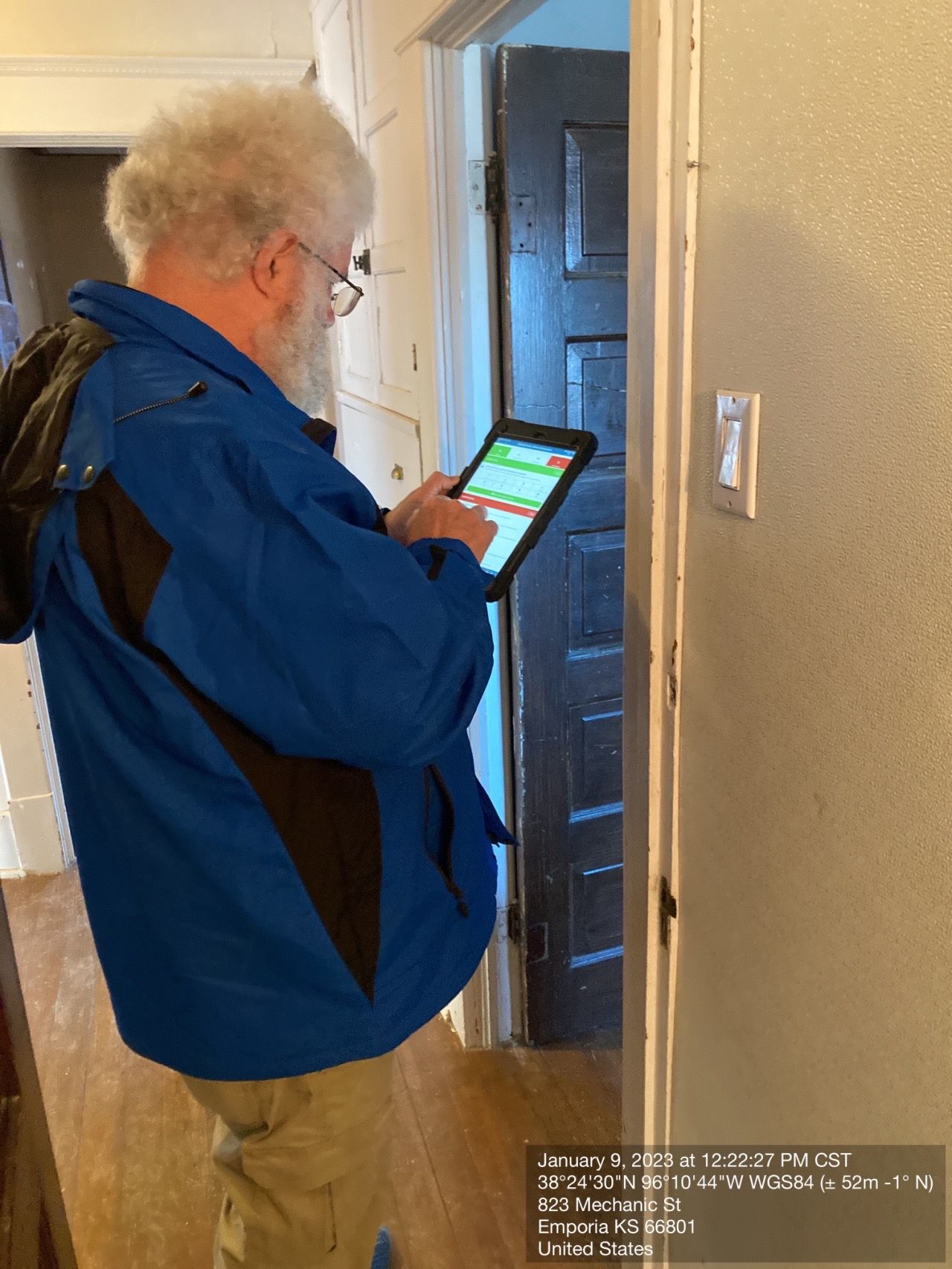What is GFCI and why is it Important in your Home?
This is a subtitle for your new post
GFCI stands for Ground Fault Circuit Interrupter. It is an electrical safety device designed to protect people from electric shock and electrocution caused by ground faults.
A ground fault occurs when an electrical current escapes from the wiring of an electrical device and takes an alternative path, such as through a person's body. This can happen when there is a wiring problem, a damaged cord or appliance, or a ground fault in the electrical system.
A GFCI works by constantly monitoring the flow of electricity through a circuit. If it detects a ground fault, it quickly interrupts the flow of electricity, preventing the possibility of electrocution. This can happen in as little as 1/40th of a second.
GFCIs are required by the National Electrical Code in certain locations in the home, such as bathrooms, kitchens, garages, and outdoor areas. They can be installed in outlets or in circuit breakers. It is important to test GFCIs regularly to ensure they are working properly and providing the necessary protection.
According to the National Electrical Code, GFCI protection is required in certain rooms and areas of a home where there is a greater risk of electric shock or electrocution. The following areas in a home should be protected by GFCI:
- Bathrooms: All outlets in bathrooms must be protected by GFCI, including outlets near the sink, bathtub, and shower.
- Kitchens: All outlets serving kitchen countertops and any outlet within 6 feet of a sink must be protected by GFCI.
- Garages and Outdoors: All outlets located in garages, outdoor areas, and other damp or wet locations must be protected by GFCI.
- Laundry and Utility Rooms: All outlets located in laundry rooms and utility rooms must be protected by GFCI.
- Swimming Pools and Hot Tubs: All outlets serving swimming pools, hot tubs, and other water features must be protected by GFCI.
It is important to note that GFCI protection should be installed by a licensed electrician to ensure it is done correctly and meets all local codes and regulations. Additionally, GFCI outlets should be tested regularly to ensure they are working properly and providing the necessary protection.
